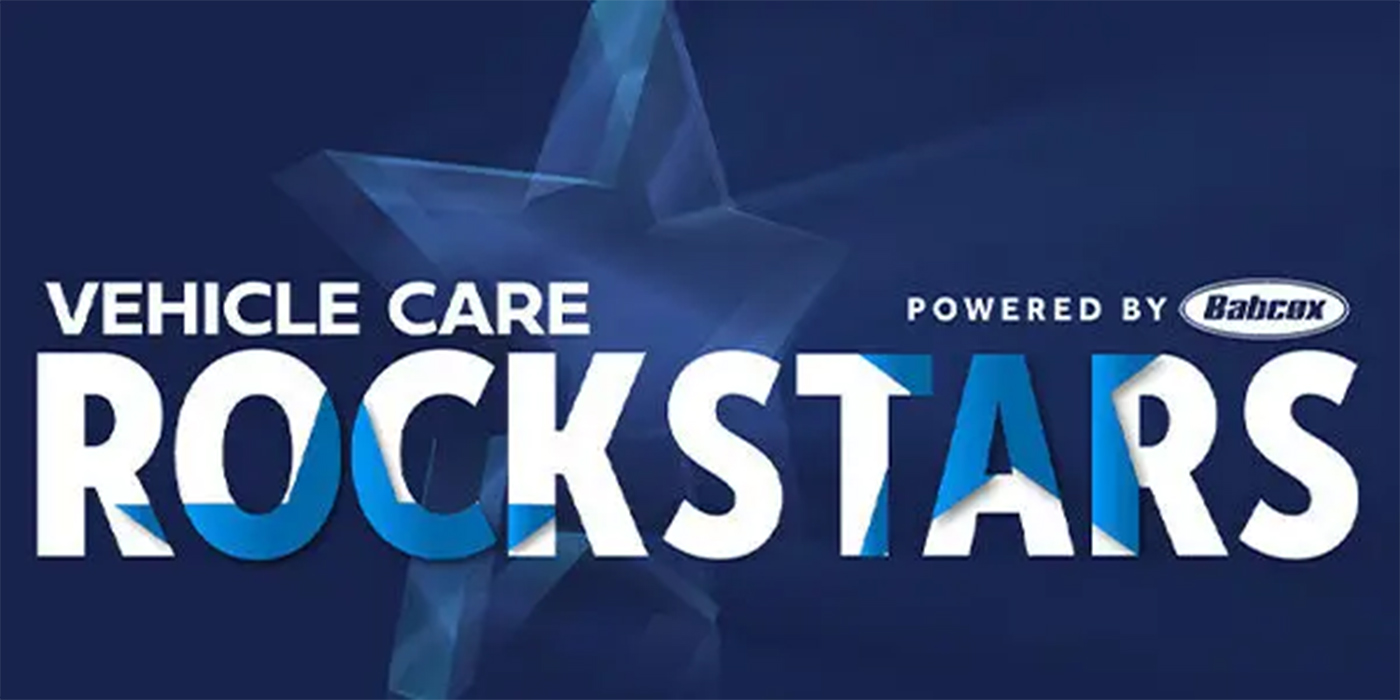 Before we had so many federal mandates and EPA regulations, cars and trucks were belching out gobs of pollutants and occupant safety was just an afterthought. At first, Uncle Sam demanded crash tests, tire tests and seat belts. Then, in the ‘70s, it was the crash bumper debacle followed by the arrival of emissions systems with their smog pumps, miles of vacuum hoses and EGR valves.
Before we had so many federal mandates and EPA regulations, cars and trucks were belching out gobs of pollutants and occupant safety was just an afterthought. At first, Uncle Sam demanded crash tests, tire tests and seat belts. Then, in the ‘70s, it was the crash bumper debacle followed by the arrival of emissions systems with their smog pumps, miles of vacuum hoses and EGR valves.
All of these “improvements” on the family car forever changed the way mechanics service vehicles. They also brought about one more thing: our good friend, the check engine light. Today, with even more state-of-the-art innovations such as drive by wire and variable cam timing, let’s just say, “It ain’t like it used to be.”
When the first check engine lights starting appearing on early 1980s models, the light wasn’t taken very seriously by most consumers. But, as time went on, the little “Service Engine Soon” light took on a whole new level of importance than it did originally.
The service light was intended to provide a direction or description of the symptom in regards to emissions. However, many part stores, DIY mechanics and, yes, even some repair shops have come to rely on the code reader as the definitive source of their diagnostic information. My worry is that these readings can be misleading. Sure, scanning a code can give you the possible source of a vehicle problem quickly and cheaply, but seriously, do you really get anything for free these days?
I think it’s ironic that the same people who pass all these laws to make the car a much safer, environmentally friendly form of transportation are the same people who don’t speak out against consumers relying on a simple code reading for choosing parts (which often results in customers shopping for parts based on price alone). I understand that not everyone can afford OEM original parts, and I’m not saying there aren’t great aftermarket parts that far exceed the OEM requirements (there are), it’s just that I don’t think the general public has any clue as to what they’re getting when they rely on incomplete information to diagnose their vehicles.
Uncle Sam hasn’t seemed to notice that all the legislation for more efficient, safer cars just flies right out the tailpipe once the consumer makes the decision to have the wrong part installed. This all leads back to that little check engine light and how it has become the end-all, be-all of vehicle diagnostics.
My biggest problem starts after a consumer has had a free code reading, tried the wrong part, and it still hasn’t fixed their car. Then they end up at a professional shop and say, “I’ve already had it checked out.” Now somebody has to explain to the owner that codes don’t fix cars, mechanics do; codes are just one small part of finding out what needs to be done.
I’d like to tell Uncle Sam just how much I appreciate his involvement in creating a better car, a better environment and a much safer driving vehicle. The problem is that a little knowledge is a dangerous thing when it comes to assessing codes, which is something Uncle Sam has failed to mention.














